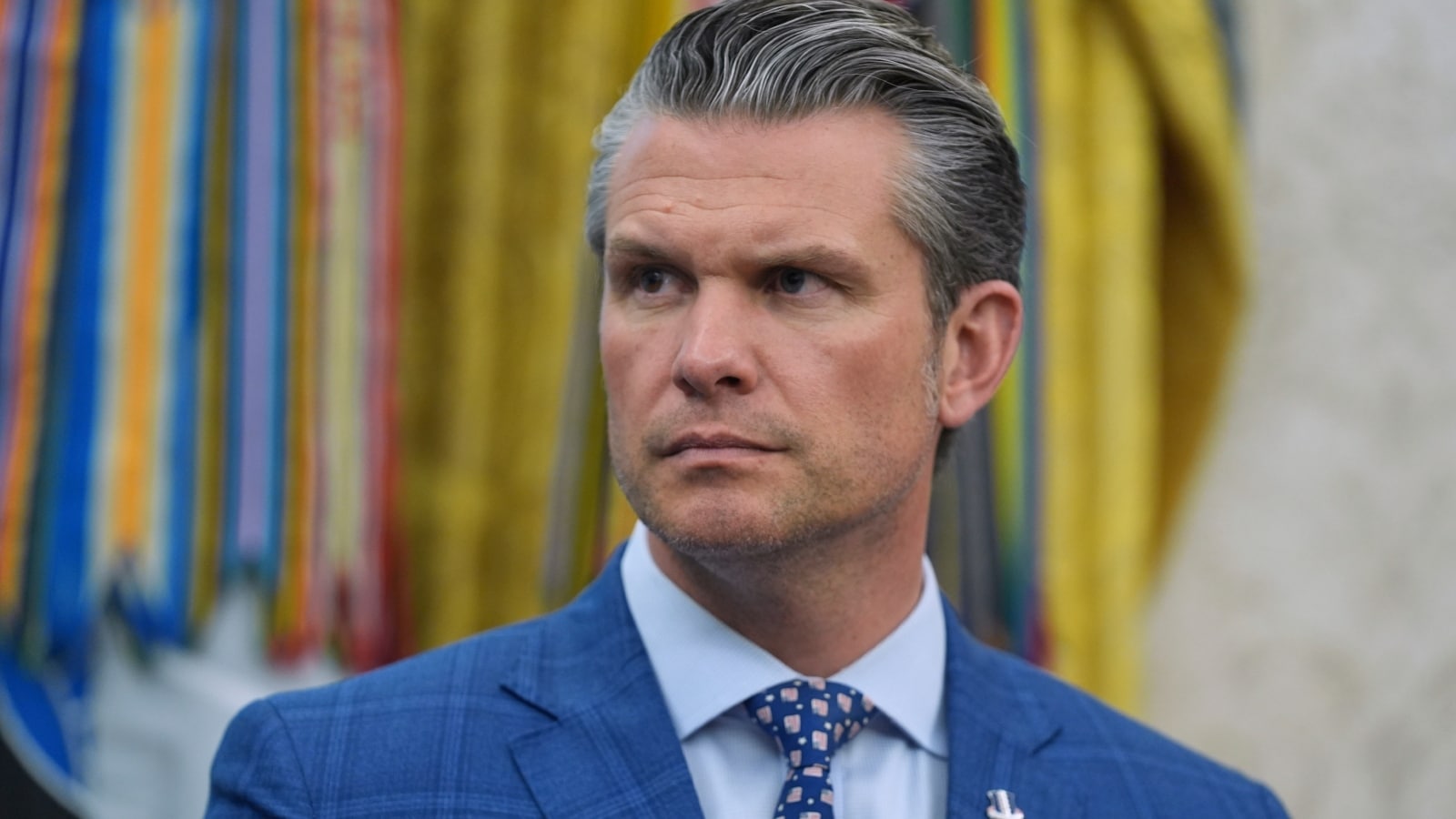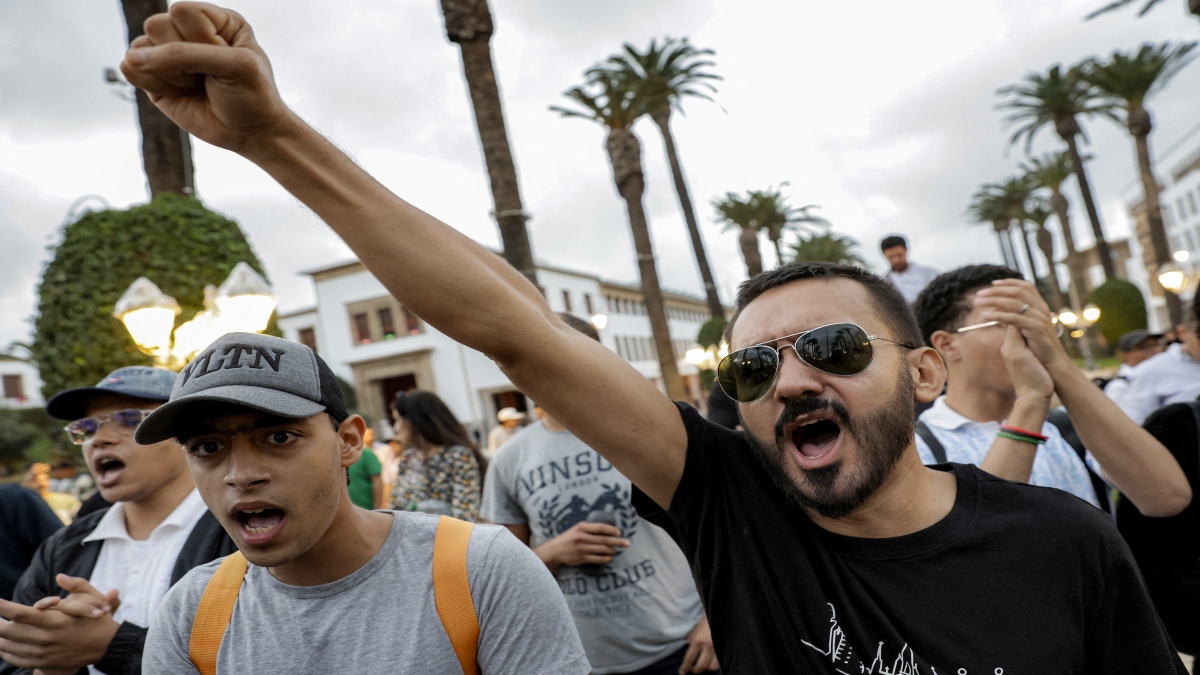Last Updated:
Critics, including civil rights groups and veterans, argue the policy is discriminatory and a massive rollback of religious freedom protections guaranteed by the First Amendment

Pete Hegseth, in an address to top military leaders, framed the move as essential for restoring ‘lethality’ and discipline. File pic/AP
US Secretary of Defense Pete Hegseth has ignited controversy with a strict new grooming directive, issued on September 30, that mandates a return to “pre-2010 standards” for facial hair in the US military. The policy effectively bans beards for most service members, allowing exceptions primarily for elite special forces. Hegseth, in an address to top military leaders, framed the move as essential for restoring “lethality” and discipline, vowing to eliminate “superficial individual expression” and condemning “rampant and ridiculous shaving profiles”.
Recommended Stories
The Pentagon memo directs all military branches to comply within 60 days, declaring that facial hair waivers are “generally not authorized”. This directive immediately threatens to dismantle years of hard-fought accommodations for devout service members.
For communities like Sikhs, Orthodox Jews, and Muslims, who are religiously mandated to maintain unshorn hair, the ban forces a direct conflict between their faith and their military career. The Sikh Coalition, a prominent advocacy group, expressed deep concern, stating the policy could compel hundreds of devout soldiers to choose between their beliefs and serving their country. Historically, Sikh soldiers have only been able to serve with their articles of faith—including turbans and beards (kesh)—since 2010 through a system of individual, hard-won waivers, which were later formalised in 2017 to create a “strong presumption” in favour of religious requests.
The new rules also impact Black troops who often require medical waivers for Pseudofolliculitis Barbae (PFB), a painful skin condition caused by shaving. Medical waivers are now limited to 12 months, with a requirement for a treatment plan, after which soldiers face potential involuntary separation if the condition persists.
Critics, including civil rights groups and veterans, argue the policy is discriminatory and a massive rollback of religious freedom protections guaranteed by the First Amendment. They contend that the government has the burden of proving that allowing a beard substantially harms military readiness, a standard that had previously favoured accommodation.
About the Author

Pathikrit Sen Gupta is a Senior Associate Editor with News18.com and likes to cut a long story short. He writes sporadically on Politics, Sports, Global Affairs, Space, Entertainment, And Food. He trawls X via …Read More
Pathikrit Sen Gupta is a Senior Associate Editor with News18.com and likes to cut a long story short. He writes sporadically on Politics, Sports, Global Affairs, Space, Entertainment, And Food. He trawls X via … Read More
October 05, 2025, 06:10 IST
Loading comments…
Read More


)
